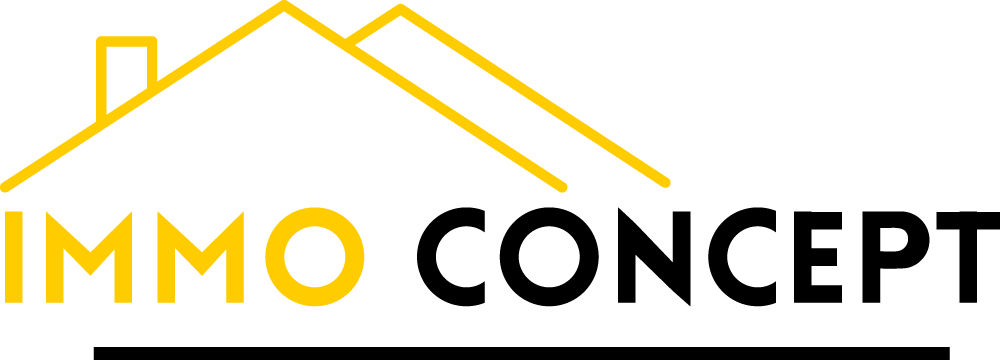Guide to buy real estate in Spain
What steps do I need to take to buy a property?
First of all, you need to check that your identity documents are in order, i.e., that your passport and/or identity card are still valid. Then there are the various stages involved in buying your property:
1. Obtain an NIE
The NIE (Foreign Identity Number) is a personal number assigned by the Spanish authorities to foreigners who have economic, professional, or social ties with Spain, for the purpose of identifying them. You can obtain it from the Spanish consulate in Belgium or directly in Spain. It costs around €10 and takes an average of 2 weeks to obtain.
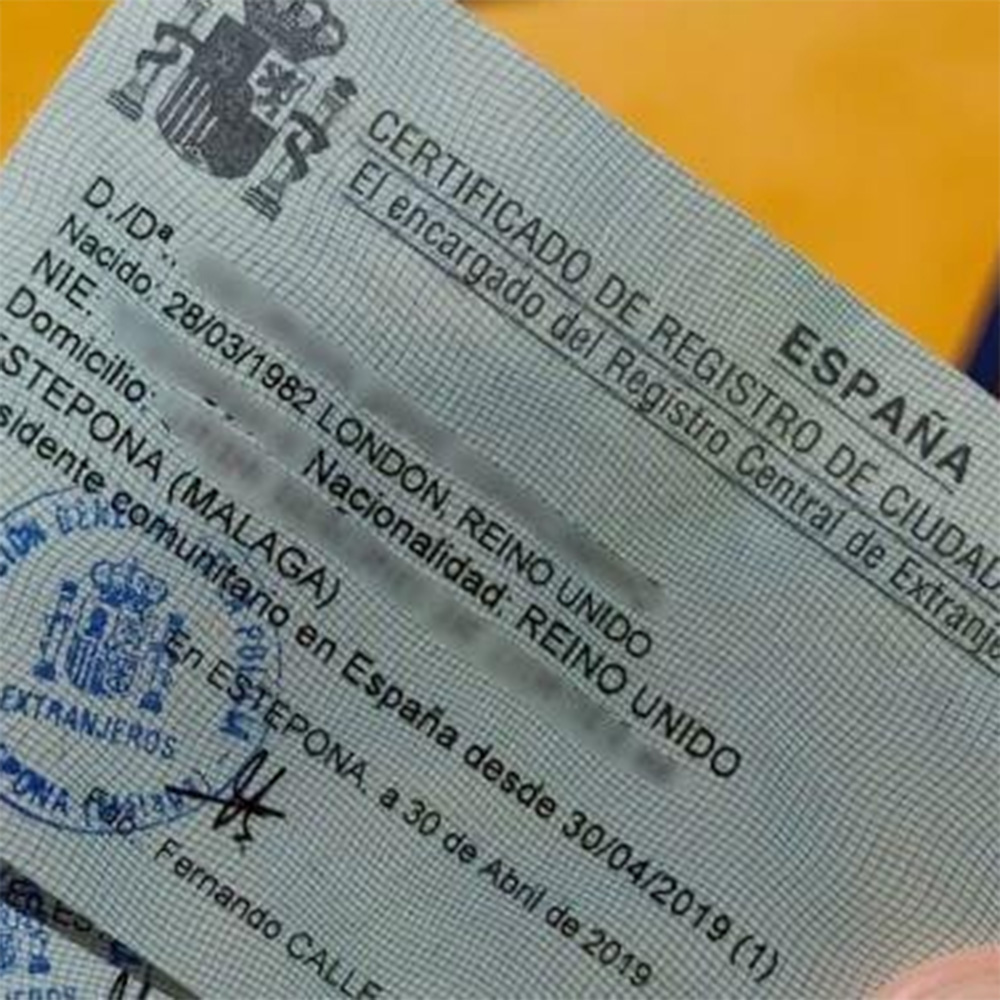
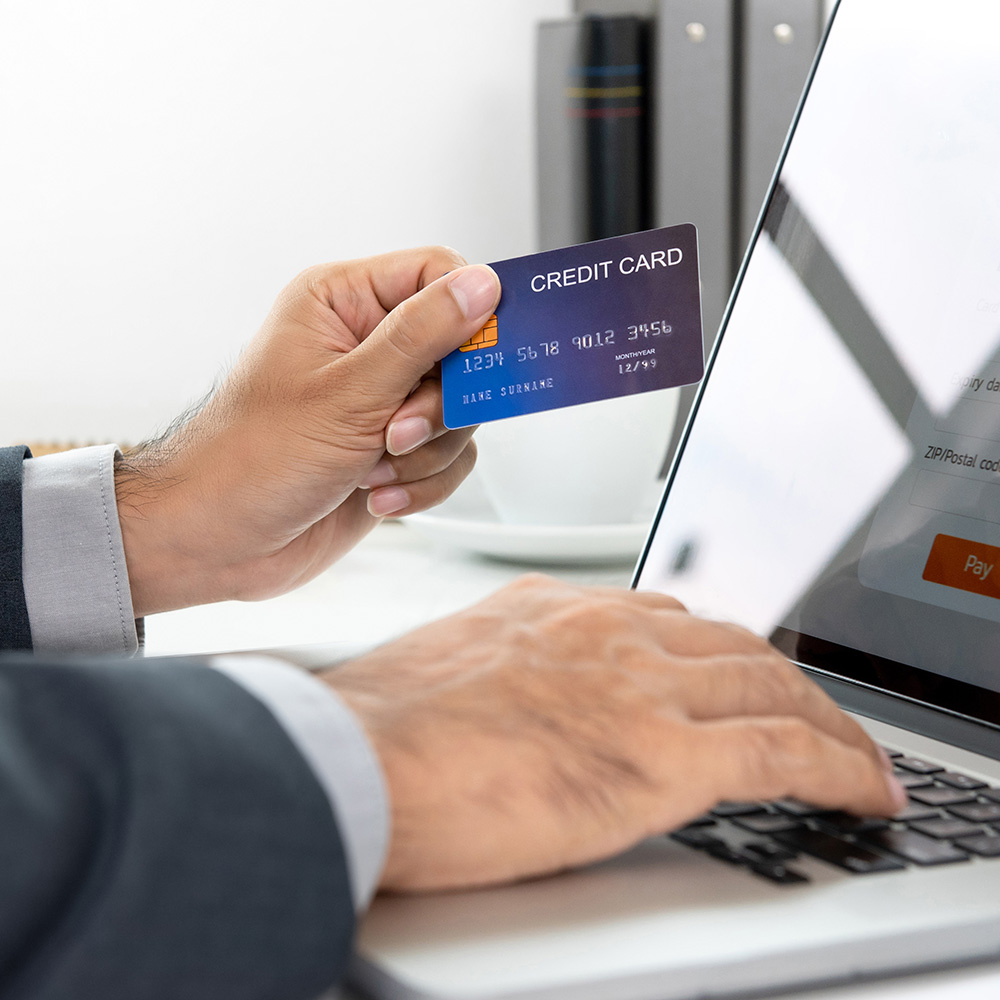
2. Open a Spanish bank account
This is not compulsory, but it will greatly facilitate your financial transactions in Spain (payment of taxes and charges relating to your purchase). To open a bank account in Spain, you need a valid passport or identity card and your NIE.
3. Carry out the required checks on the property you want to buy
Unlike in Belgium, in Spain the notary is not required to check the urban planning, legal, tax, financial, and physical status of the property. You can carry out these checks yourself, or you can use our agency, which will take care of everything for you, thanks to our collaboration with a local law firm specialising in real estate. This way, you can be sure that you’re buying a perfectly compliant property (building permit, ownership documents, no mortgages or unpaid bills, etc.).

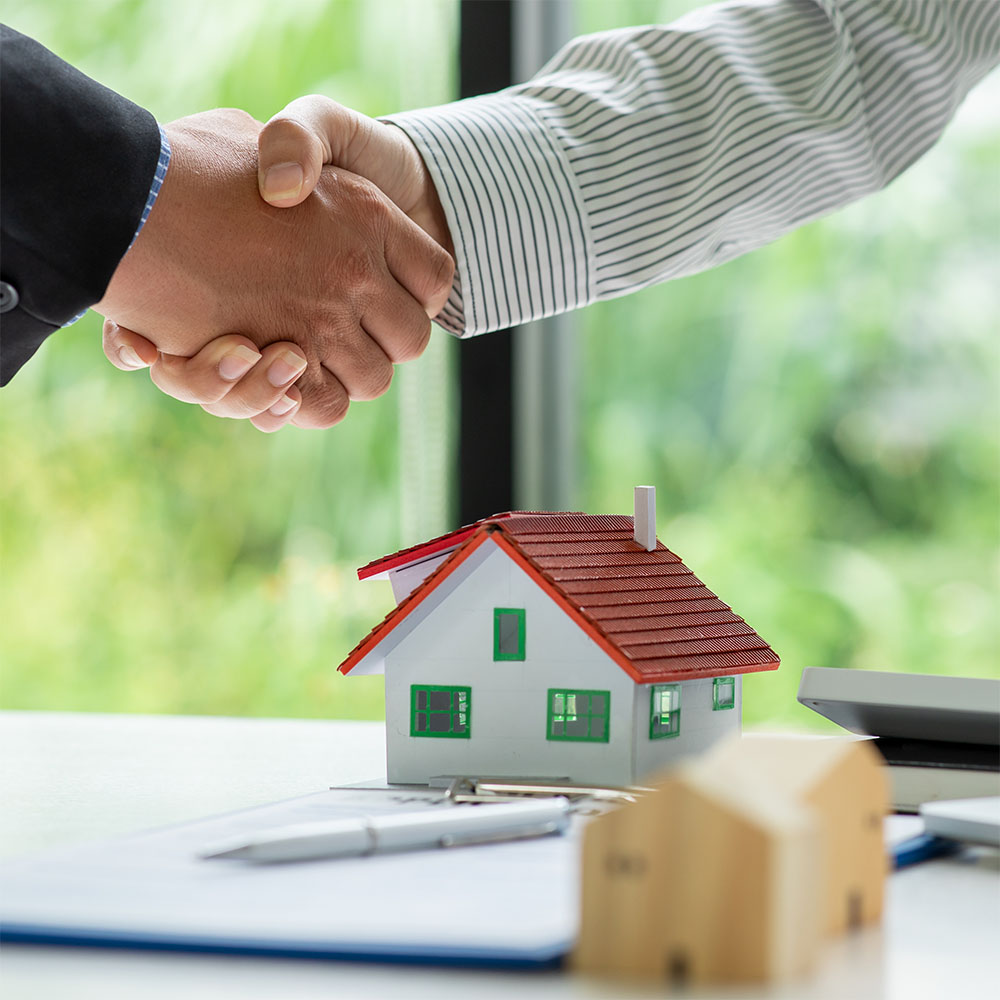
4. Carry out the purchase in due form
Once we’ve helped you find your ideal property, we’ll also guide you through all the administrative, legal, and financial procedures involved in buying it.
- Draw up a reservation contract (the “reserva”): this is a preliminary agreement with the seller that allows you to secure the property for a defined period, usually a few days, in order to finalise the legal and financial aspects of the transaction. It involves the payment of a deposit either to the seller or to your real estate agent.
- When you take out a loan with a Spanish bank, you will need to have a “tasacion”, an expert valuation of the property, carried out. The higher the valuation, the higher the loan.
- Sign the preliminary sales agreement (“contrato de compraventa”): this document, which guarantees the purchase of the property, is accompanied by a payment that generally amounts to 10% of the sale price. If the seller fails to sell you the property, you will receive double your deposit, i.e., 20% of the sale price. If it is you who withdraws, you will forfeit this deposit, unless clauses to the contrary stipulate otherwise.
- Sign the deed of sale (“escritura publica”), i.e., the authentic deed of sale, before a notary. Note that you can be represented by your lawyer to avoid having to travel.
- You’re now in possession of the keys! The signed deed of sale must then be registered with the Mortgage Office (“Registro de Propiedad”).
What are the costs involved in buying a property in Spain?
All in all, the costs of buying a property in Spain will come to around 15% of the purchase price of the property and include a number of different elements, the main ones involve:
- In the case of:
- purchase of an existing property: the TTA (tax on the transfer of assets) must be paid within 30 days of signing the deed of sale; the amount depends on the Community in which the property is located but is approximately 10% of the purchase price.
- purchase of a new built property: VAT (IVA) on the value of the property (approximately 10% of the price of the property) and the tax on legal documents (AJD). The latter is applied to legal documents and varies between 0.5% and 1.5%.
- Added to this are the notary’s fees, registration fees (only around 1.5%) and other ancillary costs.
Contact Immo Concept to buy your villa or flat in Spain
Using a trusted, expert estate agency like Immo Concept to carry out all these steps will save you time, while ensuring that your purchase is compliant and passed according to the highest standards.
